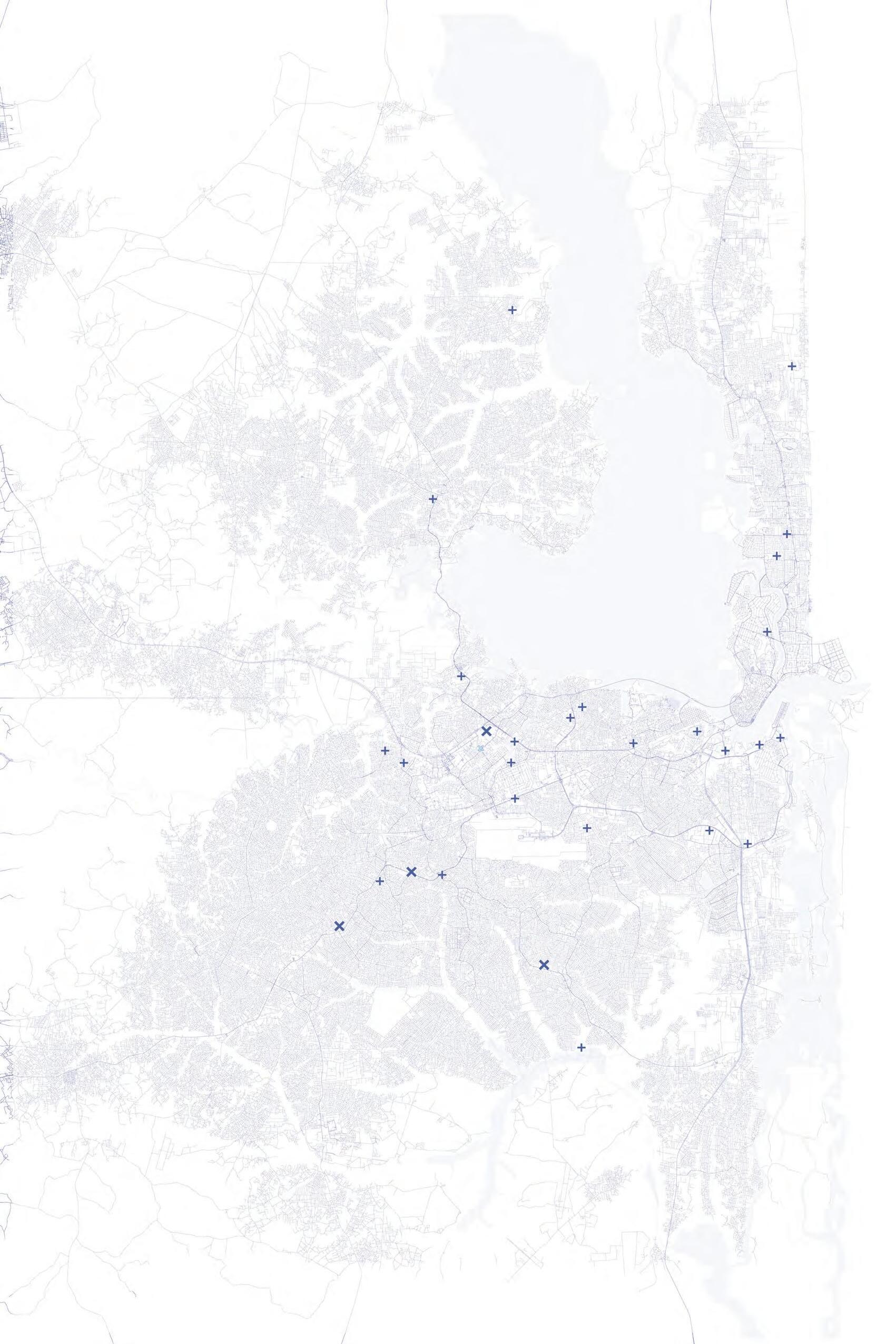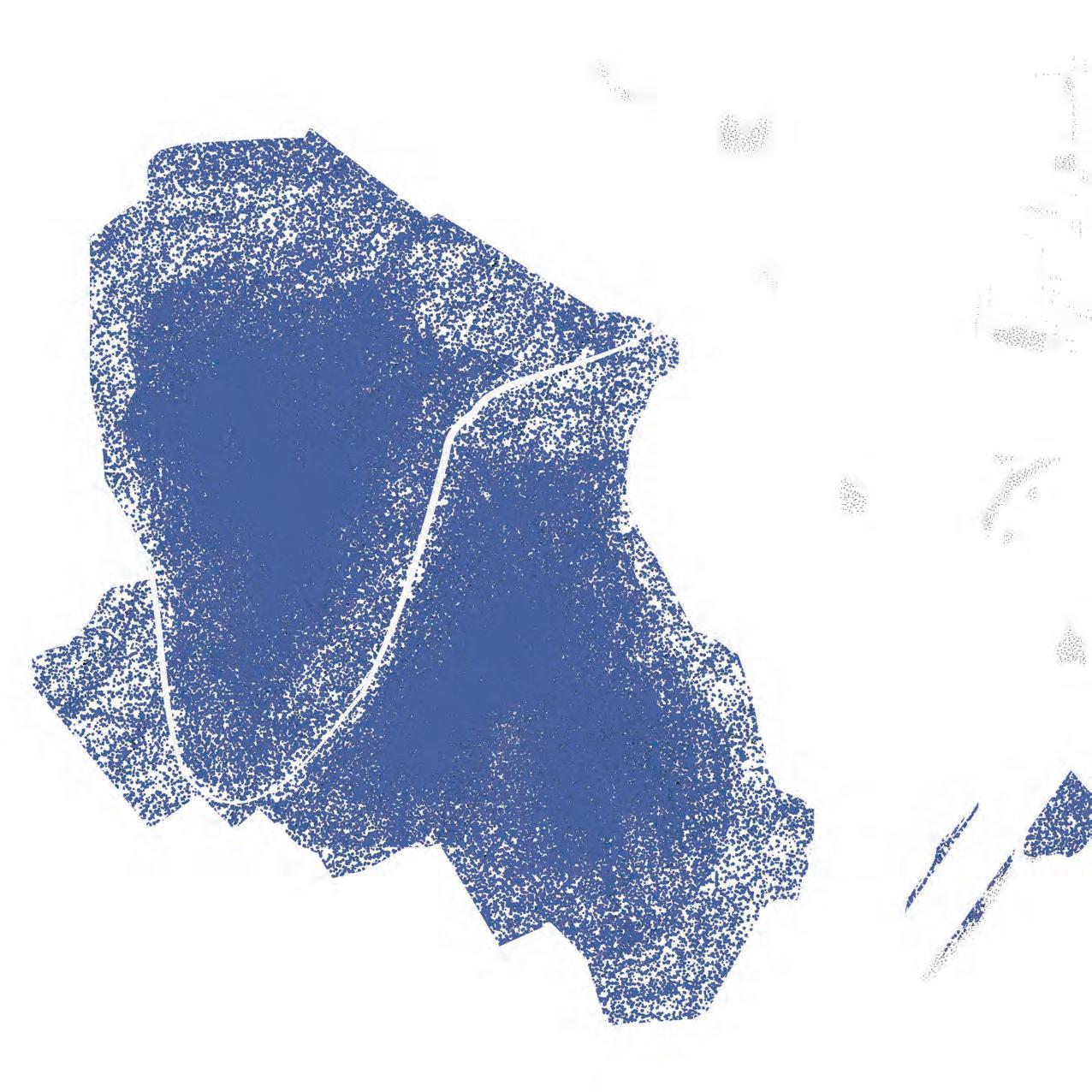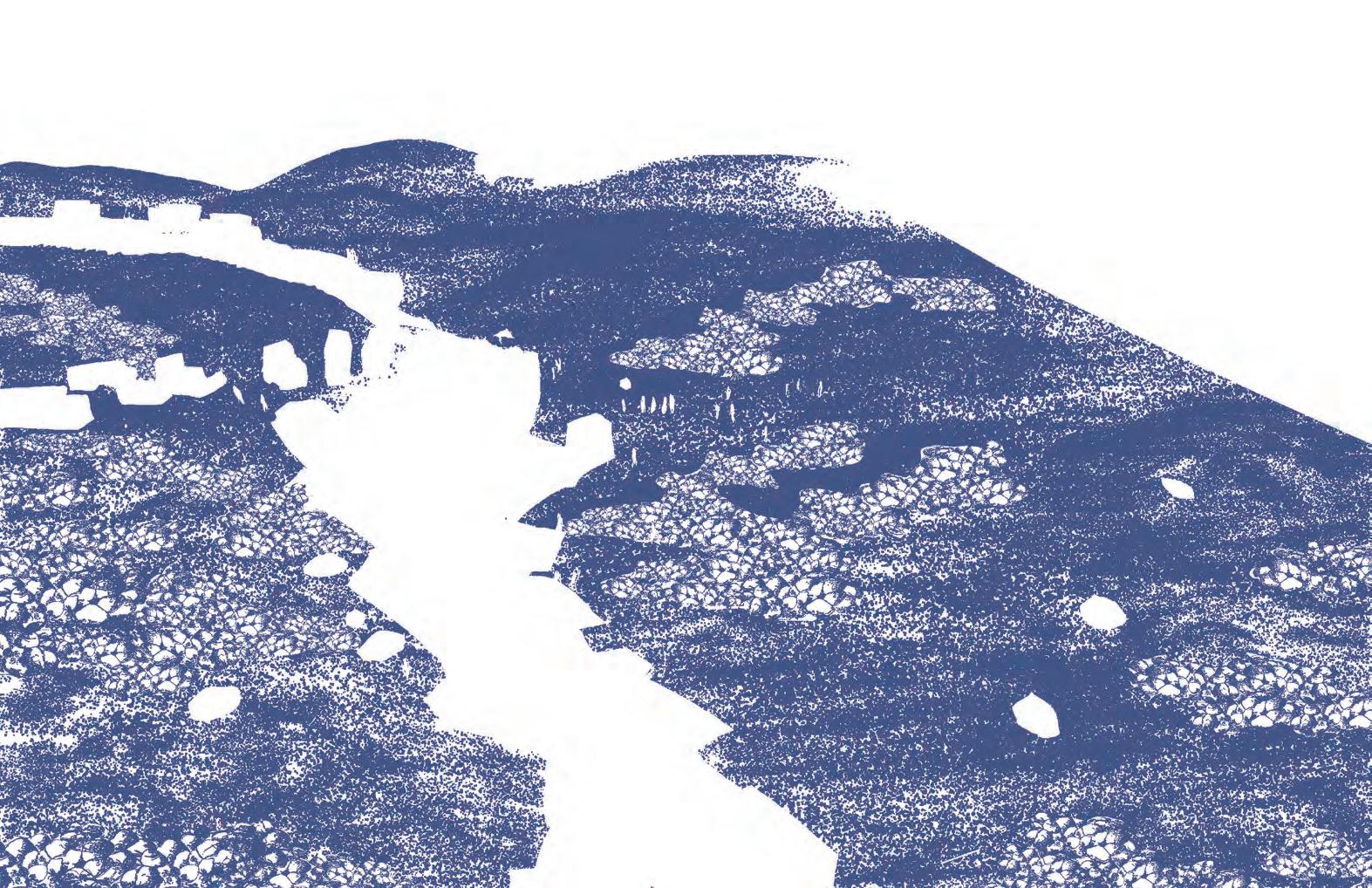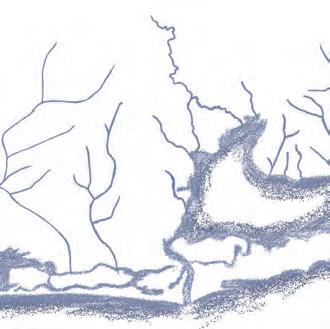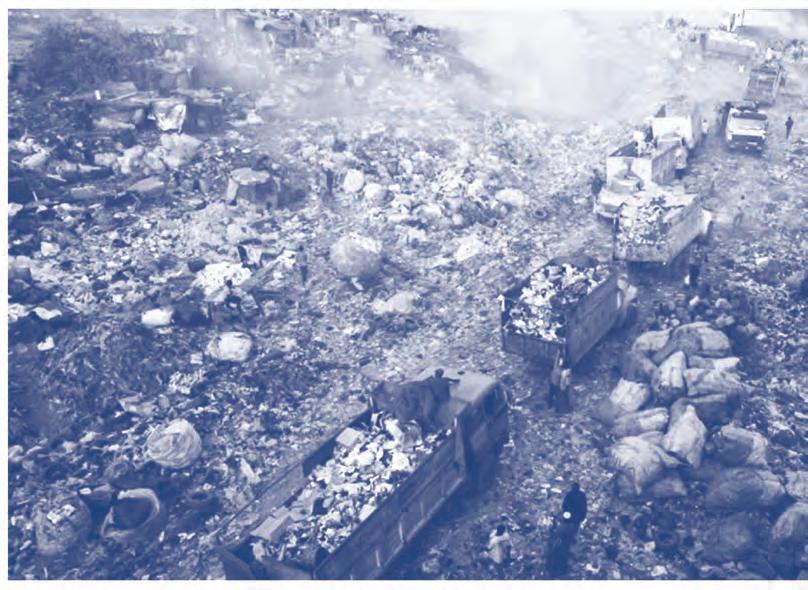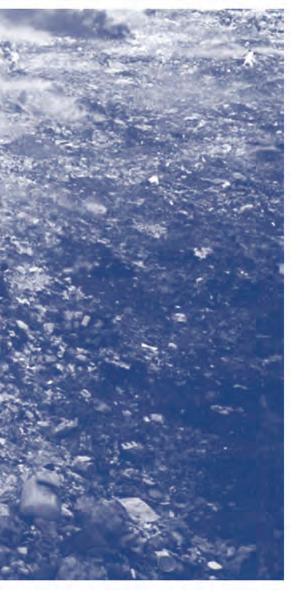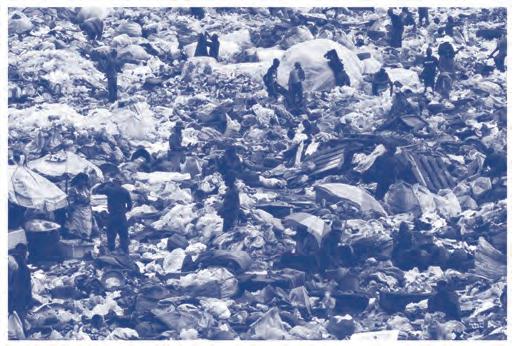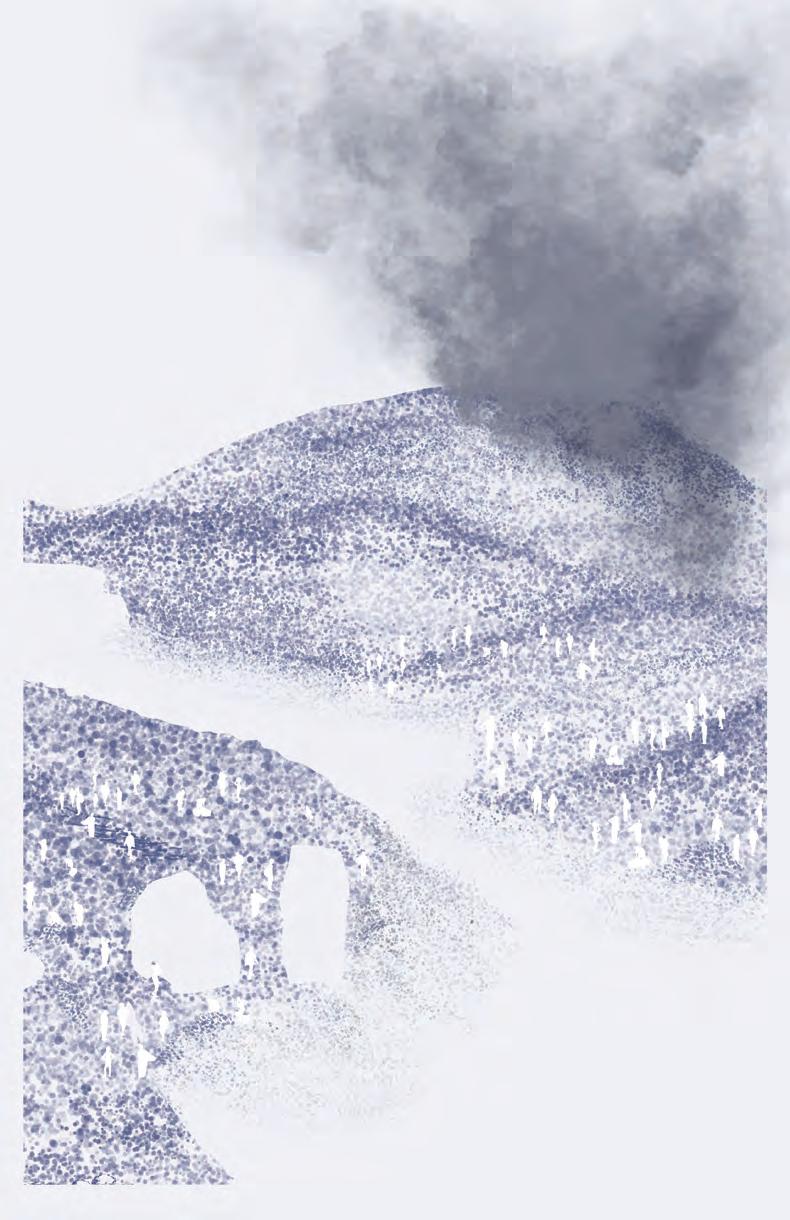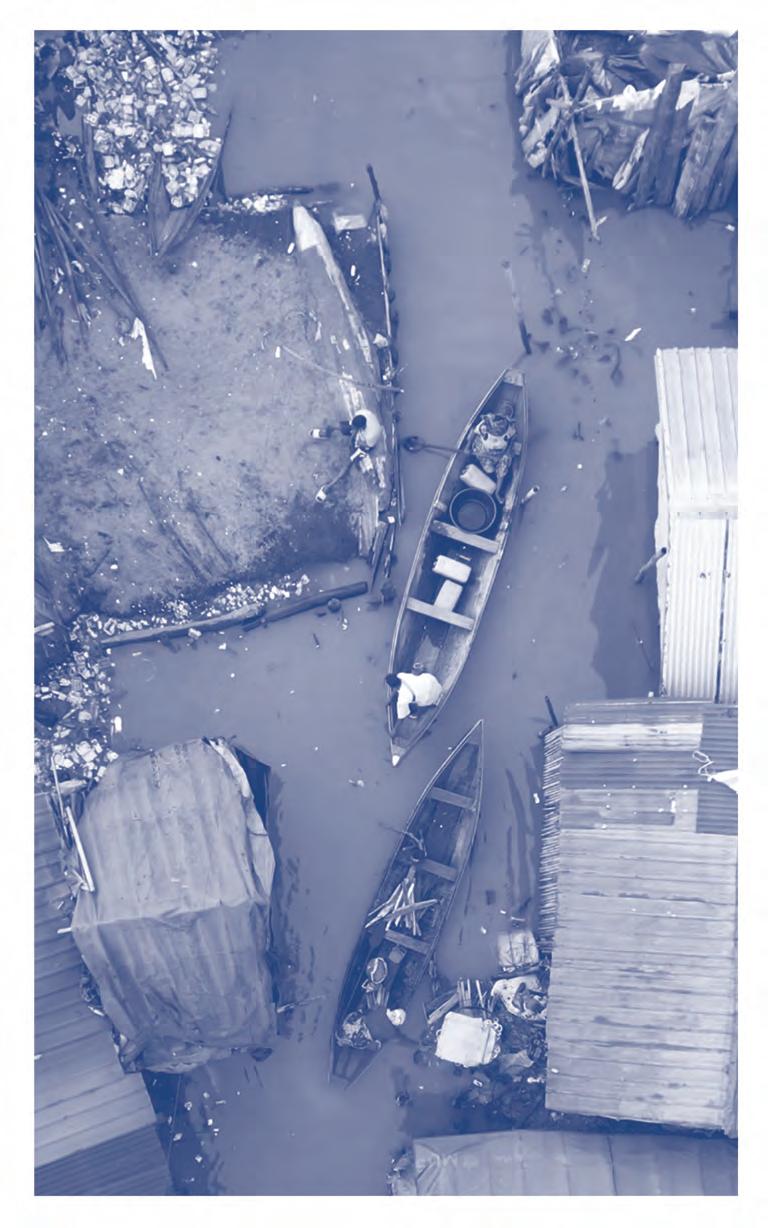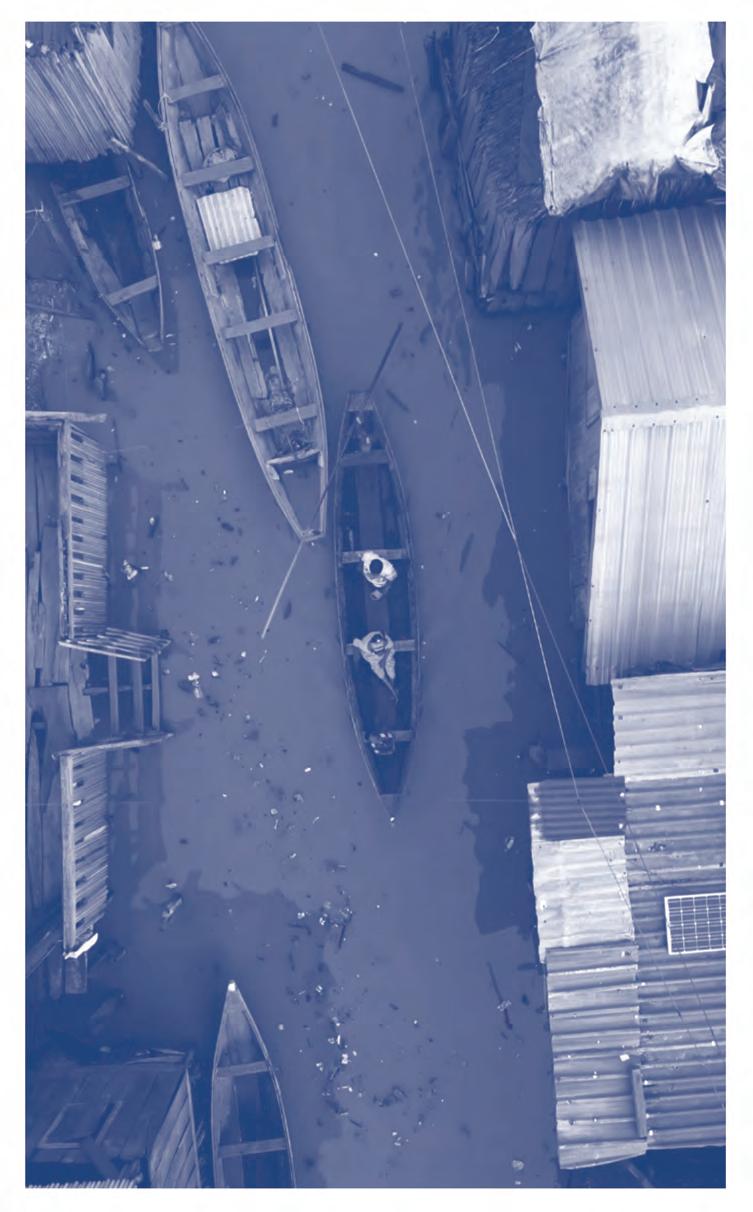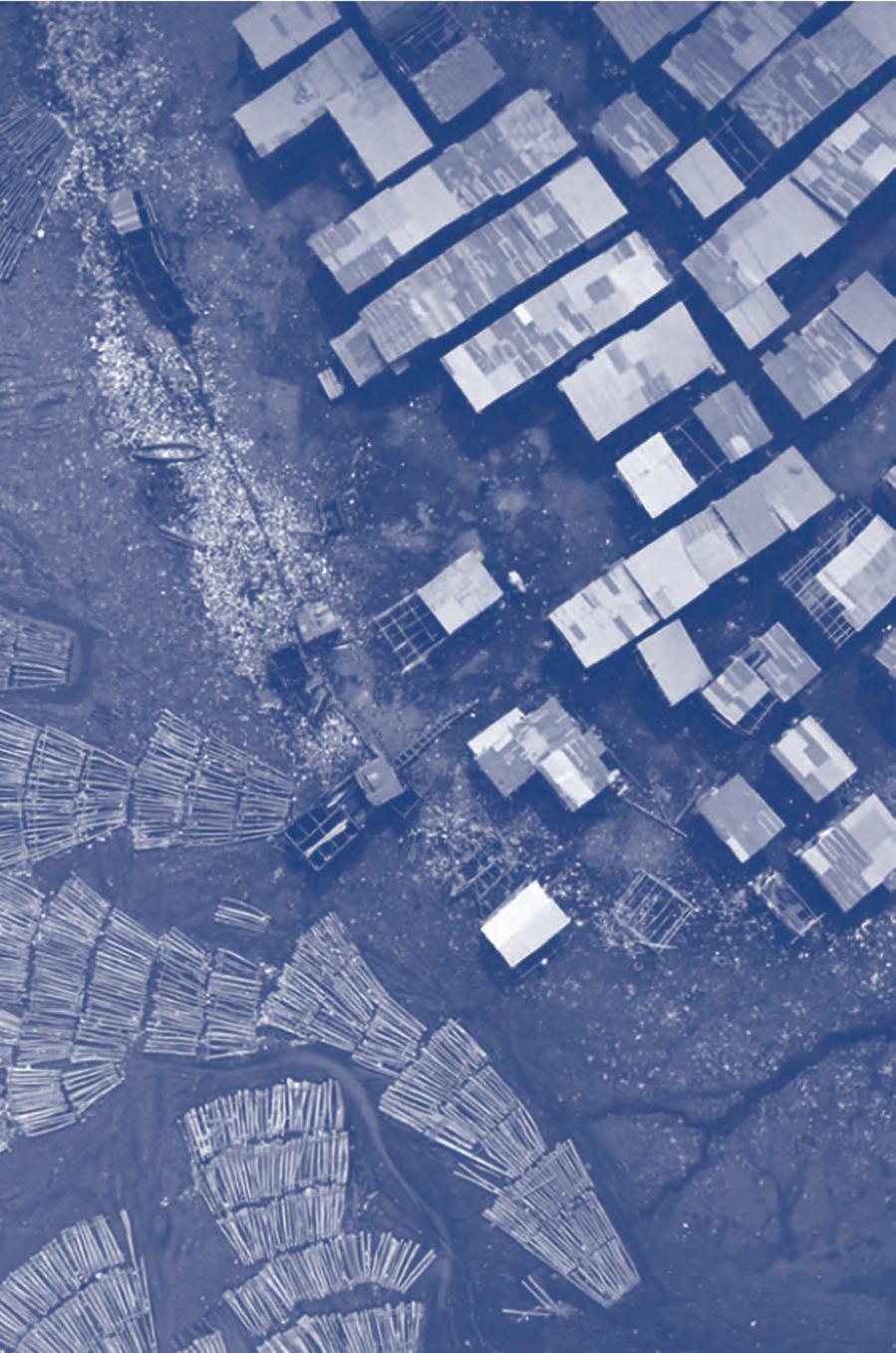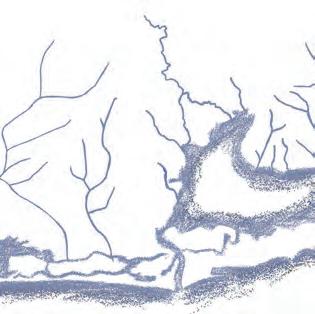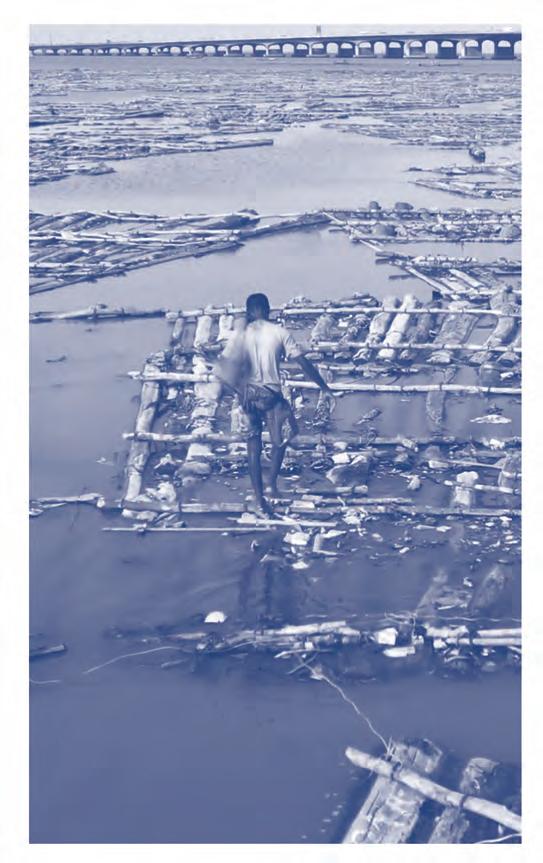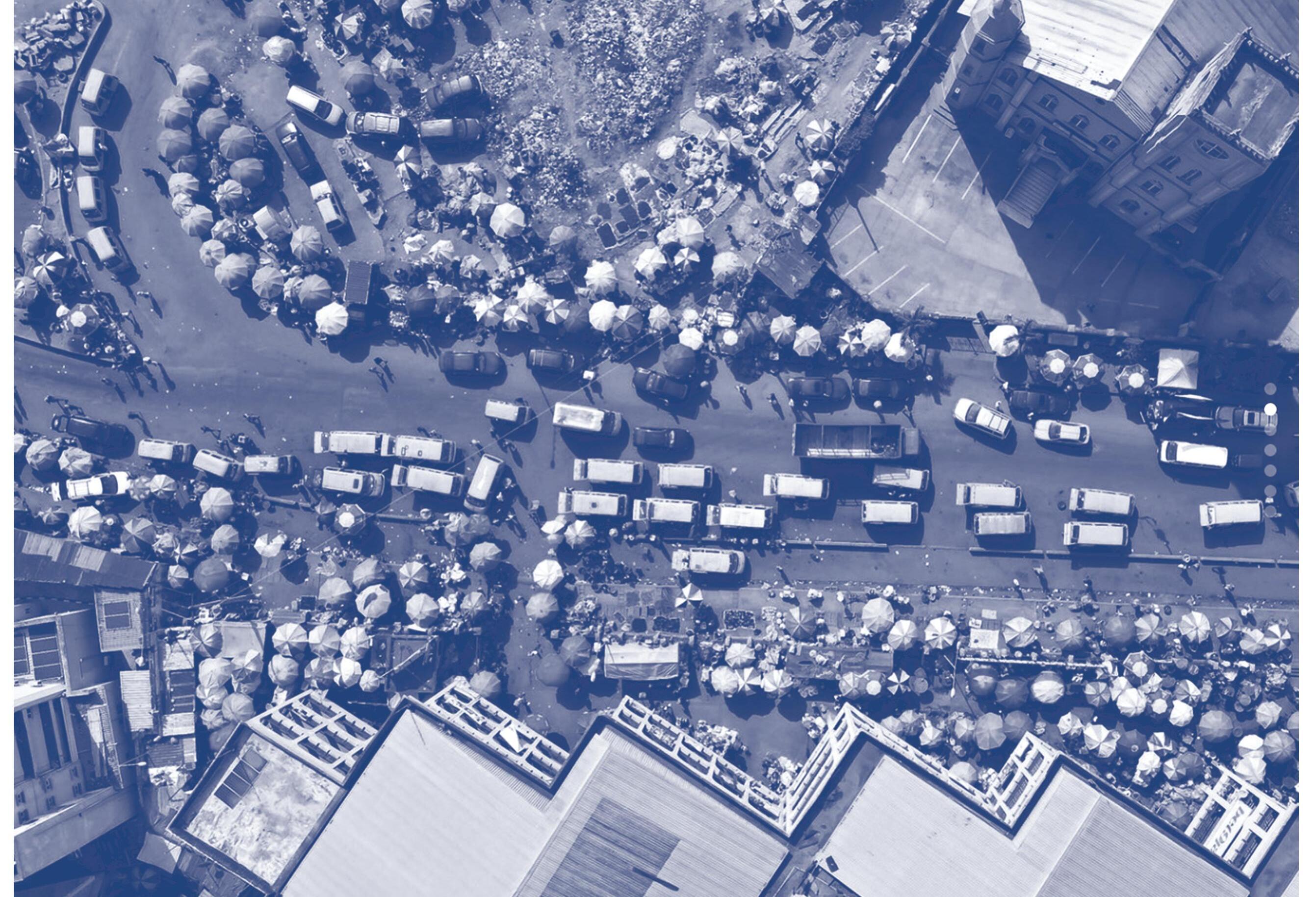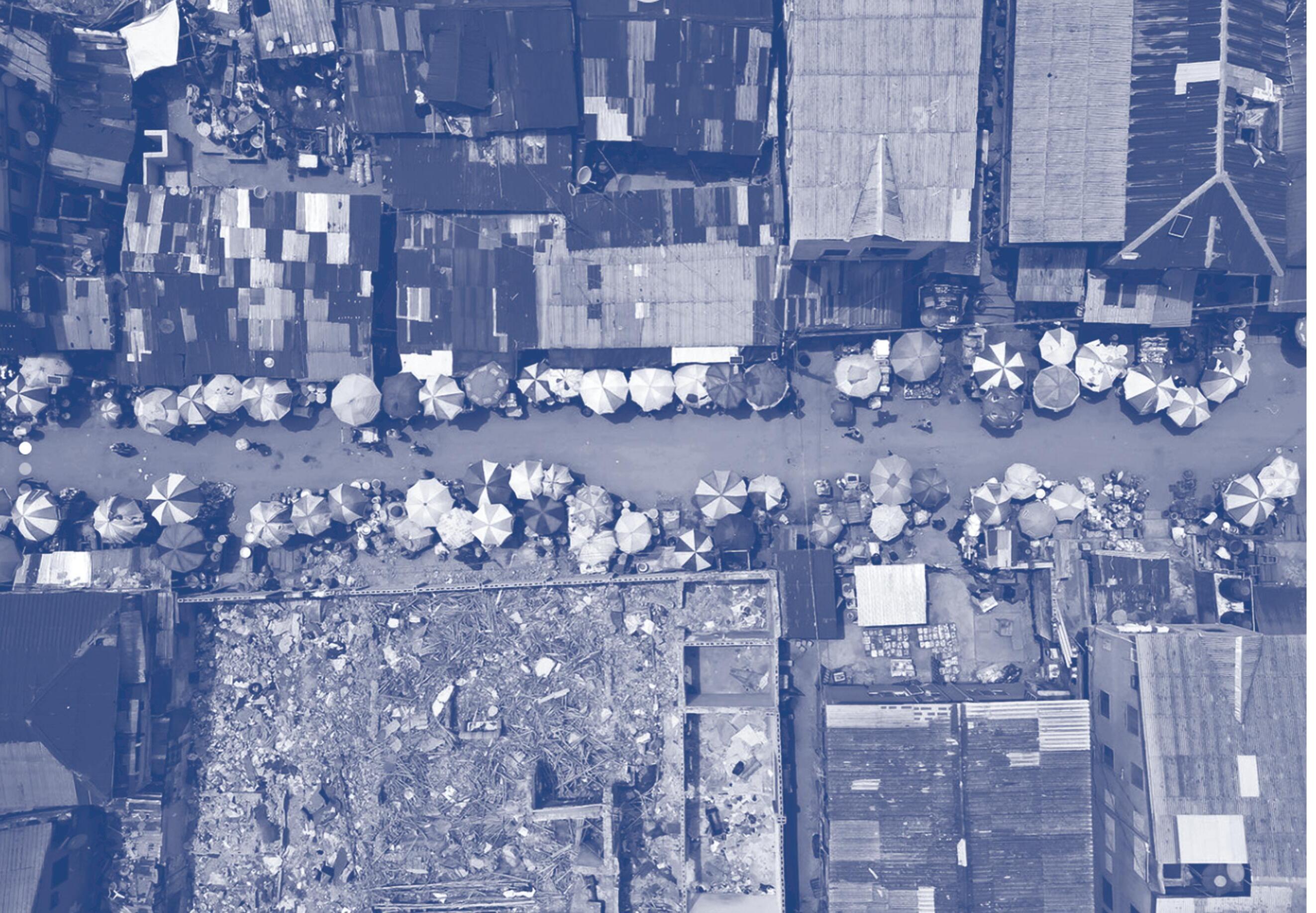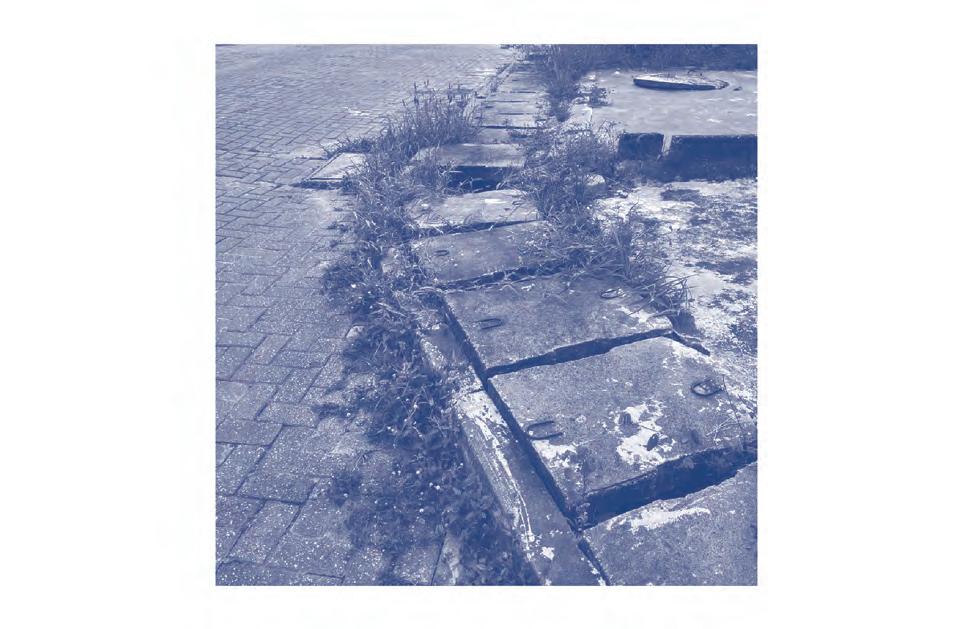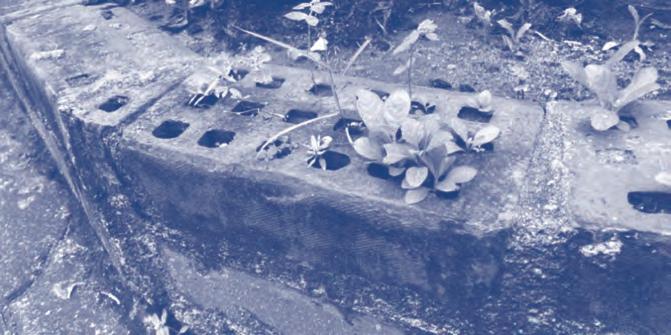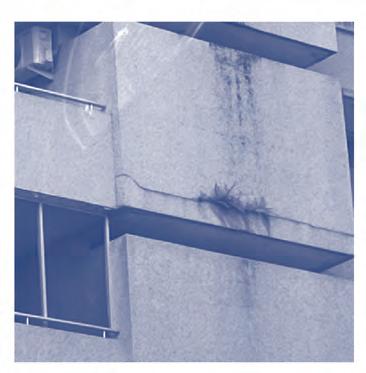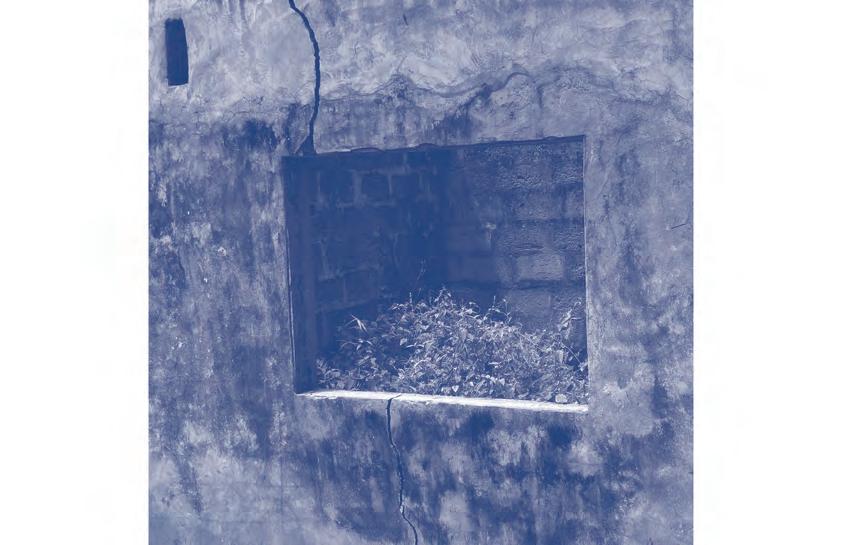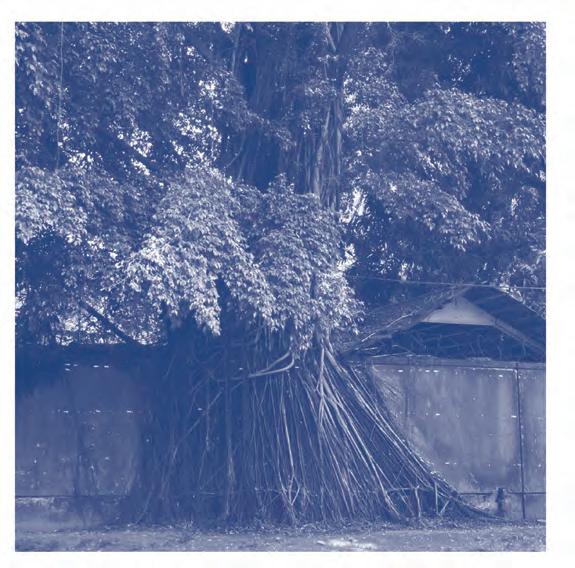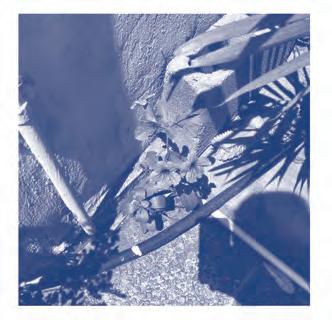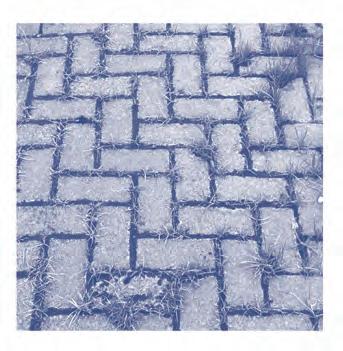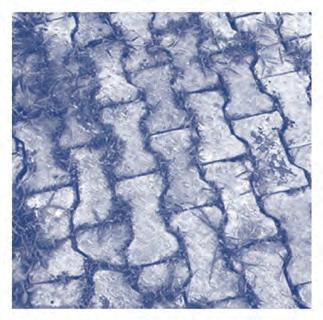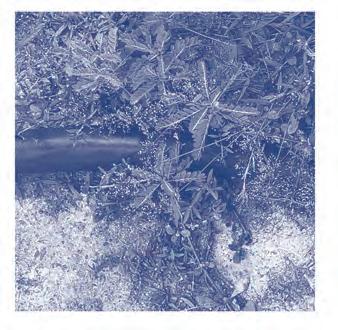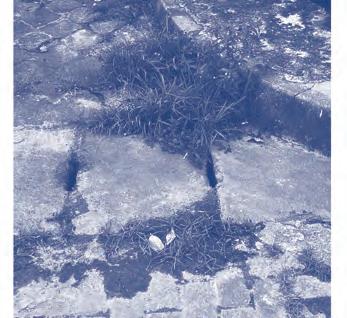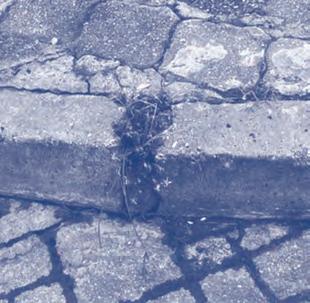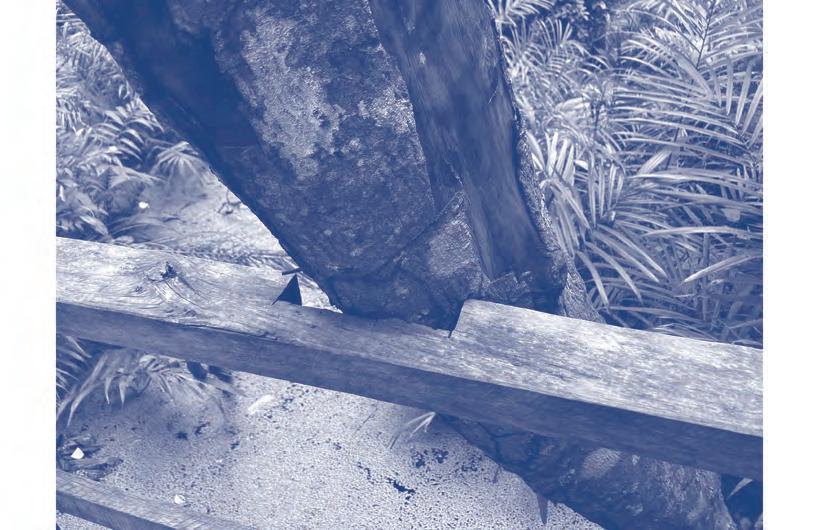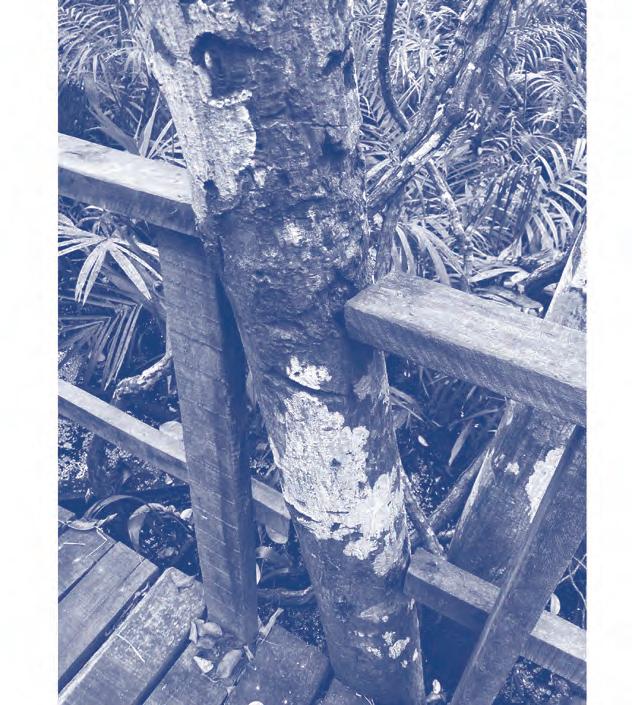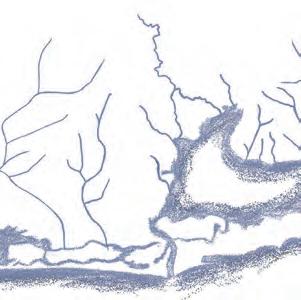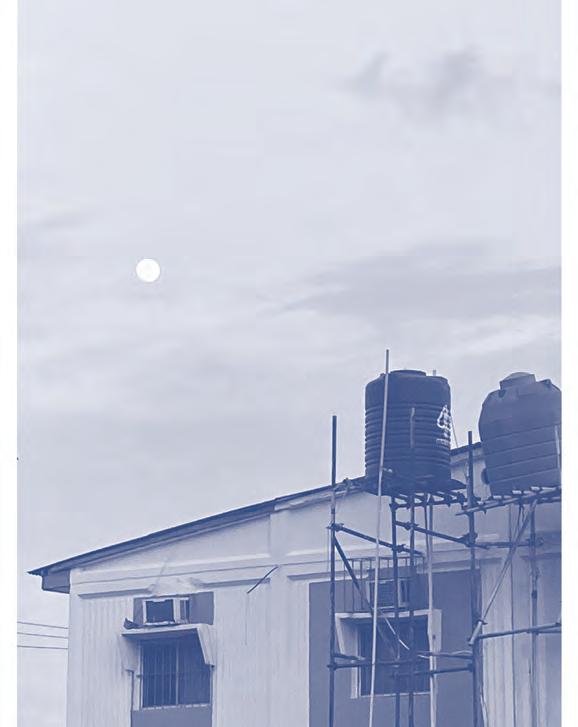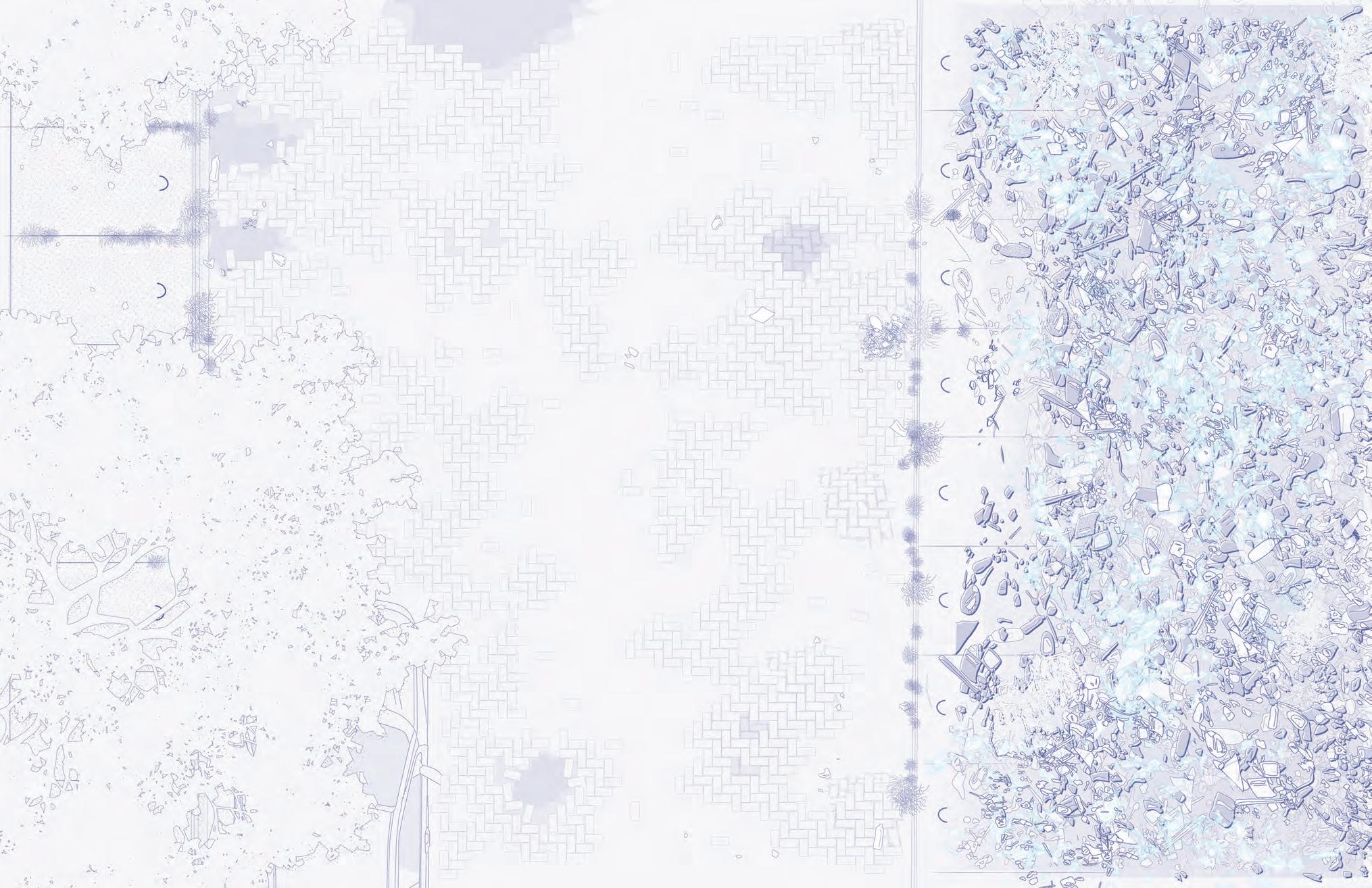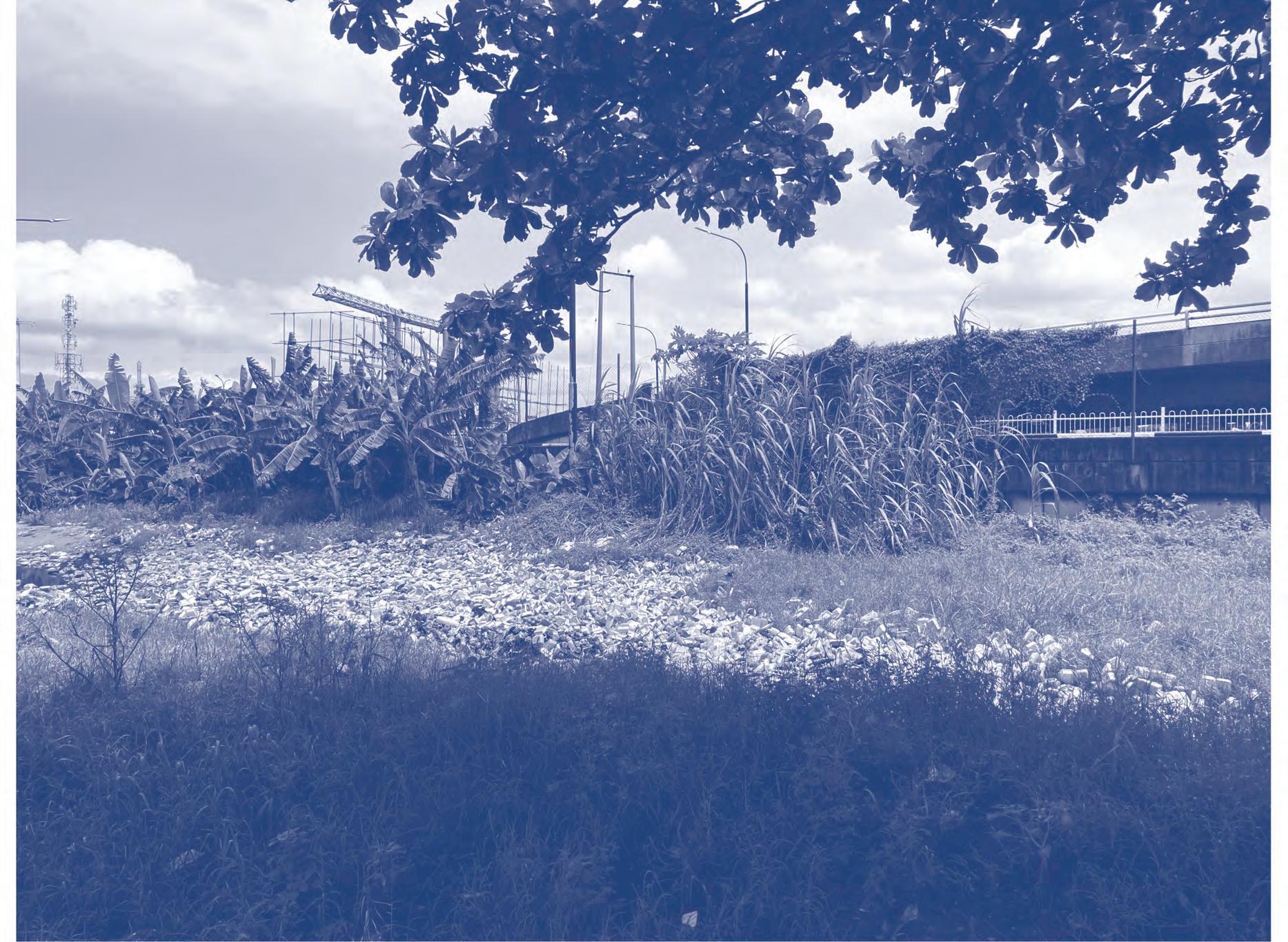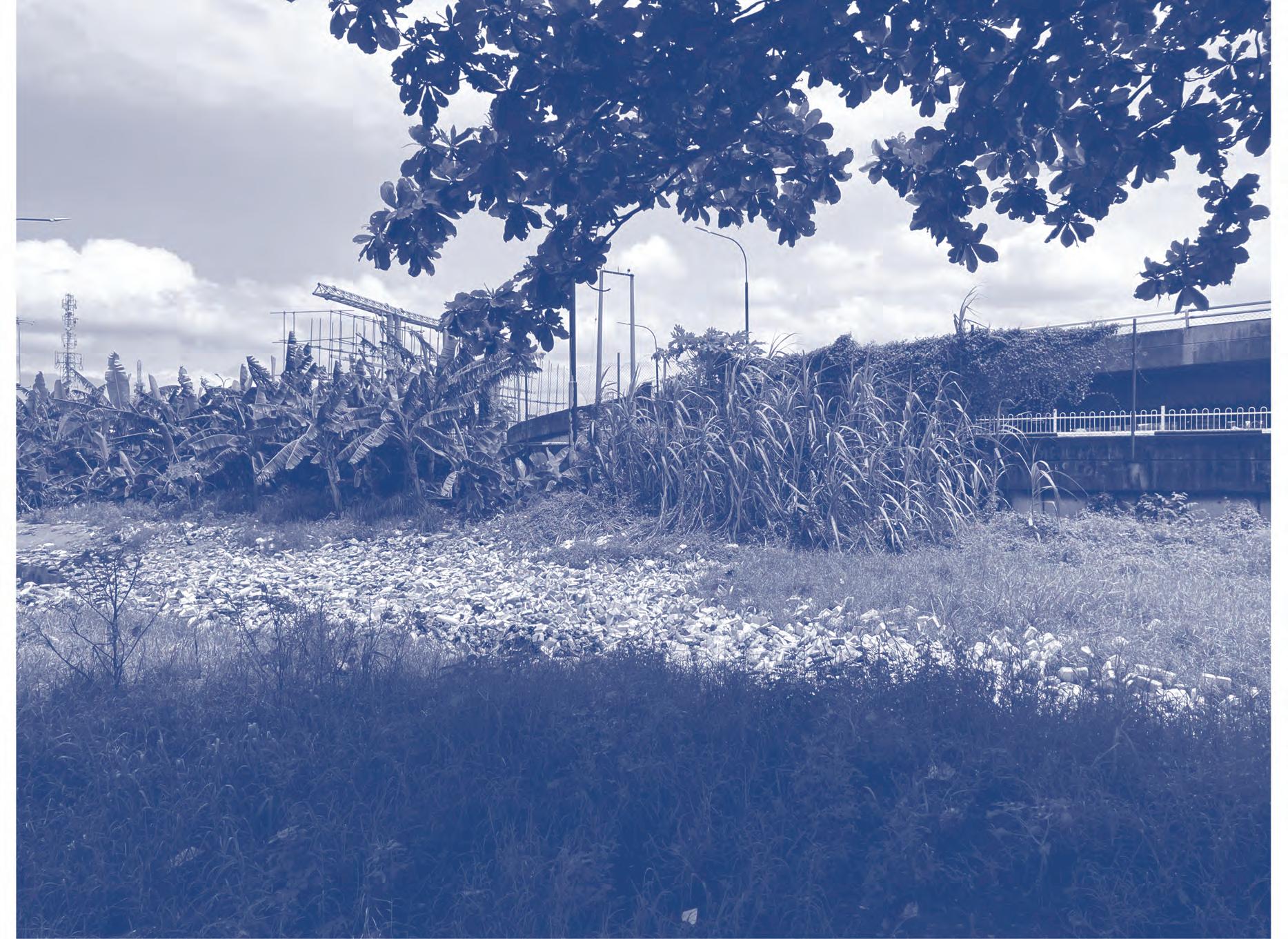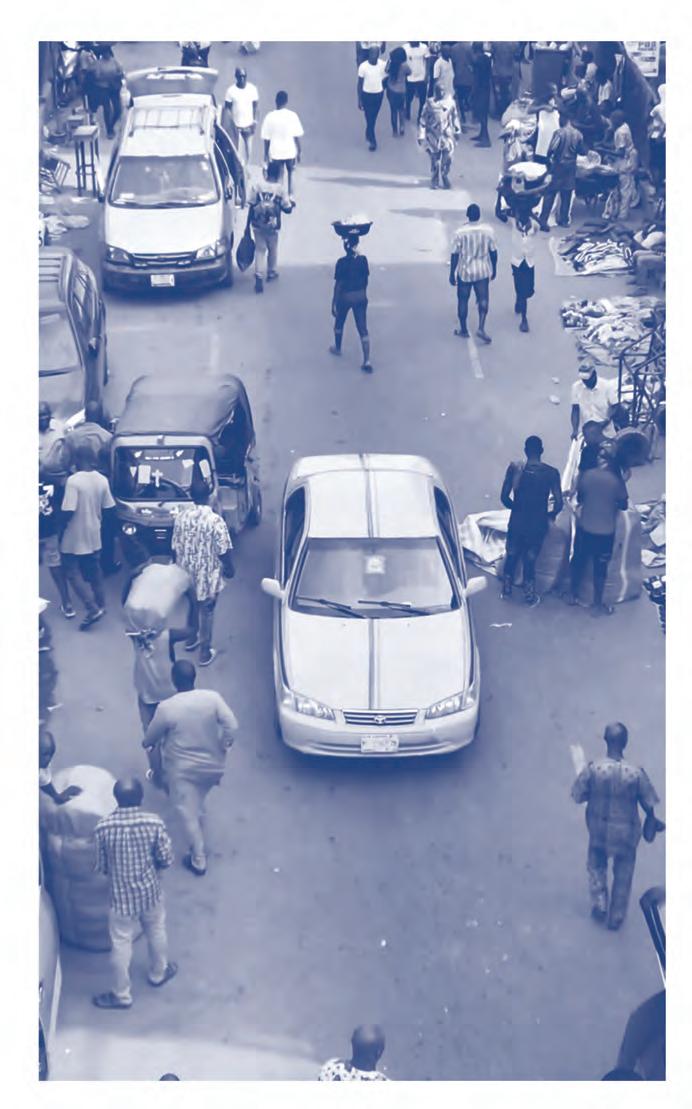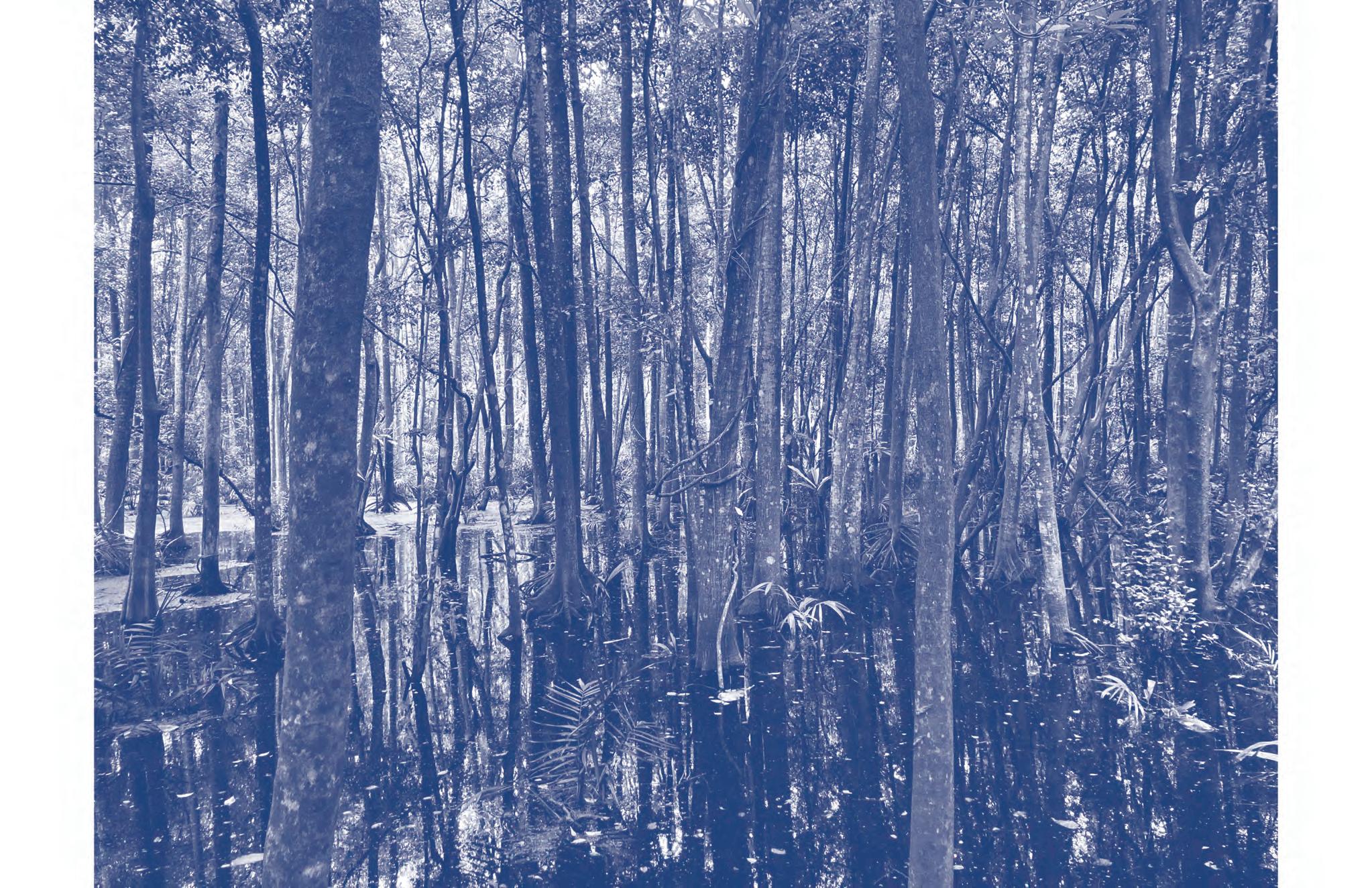Lagos Lagoon Atlantic Ocean
Waste Mismanagement
Where the waste go? - ofcourse, one way or the other it all ends up in the ocean or incinerated - but where does it go before that? Recycling is apparently quite a lucrative business in Lagos and there are many plants that have begun operating - this makes me so curious to know why despite this, over 88% of plastic waste produced in Lagos goes completely mismanaged. Pierre Belanger wrote over 20 years ago that Lagos is not catching up with the world, but rather the world is catching up with Lagos. In the case of plastics, this, scarily enough, may be very true.
2,500,000 tonnes of plastic waste annually over 88% is not recycled
mismanaged plastic waste was estimated to increase x1.2 between 2010 and 2025
Olusosun Dumpsite
This is the waste footprint of Olusosun landfill, one of the 4 major landfills in Lagos state. Sprawling across over 100 acres, this is the largest landfill of the country - here is 1 spadina crescent for scale. Nigeria does have laws for plastic waste management, However, the legislation remains vague, and is rarely imposed.
While they operate on the margins of or outside the formal process of managing solid waste, it is le to the waste pickers to bring these plastics to the recycling plants. Most landfills also have buy back centers, where they buy recyclables such as metal, glass, plastic and paper.
In the case of pure water, one report said that we cannot even know how many sachets are le in our systems because they are so light. Waste Pickers are paid per kilogram, which gives them little economic incentive to pick out such plastics, instead choosing materials like glass, aluminum, or larger plastic barrels and such. These waste pickers play a vital role, seemingly the only ones in the system actually working in to recover and recycle
Olusosun Landfill in Lagos 2022
Is this not a designed landscape? Is this not the final stage in the colonial project of transforming our waters, our land into resources. So that the waters are no longer pure, and our land is transformed into wastelands. You’ll notice that in Lagos, even this seemingly desolate landscape is teeming with life. Not only is there the animacy of the smoke that envelopes people, but an entire community of people participating in the landscape.
“We live in a country where nobody cares about the environment. How do you eradicate plastic water bags when three out of five Nigerians consume them per day because there is no public water supply?” says Abdullahi Salifu, a Kano-based drinkable water activist.
Salifu says that in northern Nigeria, where he lives, “water taps have been dry in many cities and localities for more than seven years now. I think a complete ban won’t work without the availability of public water supply. What we need to do presently is to educate people on proper disposal of plastic material to protect the environment.”
A thriving plastics economy, built to meet the important needs of clean drinking water and employment, has come head-to-head with the urgent need to protect agile environments on a continent that is rapidly urbanizing.” (Kobo 2021, A ica’s plastics bans are pitting the environment against the economy)
Living on Plastic
Obalende market 2022
Obalende market gutters
Obalende market 2022
In Praise of Soil
A Visual Study of Urban Plants
Through deep observation, this ongoing meditation attempts to grapple with the lessons on vulnerability & resilience that these unique microlandscapes offer us.
dieffenbachia under Falomo bridge 16 02 2021
in between concrete, rain 03 07 2021
only the strong survive 16 05 2021
giant A ican fig tree knows no borders 21 07 2021
Conservation Center 17 08 2021
Lekki
Archipelagos of Belonging
Coming back to plastics, I have been grappling with if sachet water was ended today, millions of people would become unemployed, and tens of millions le without access to potable water. What does it mean to have a local water economy? And in pure water a kind of local plastic economy? This isn't Unilever, this isn't Nestle or Coca Cola. It’s not these big faceless companies.
This is a conglomeration of private citizens setting up purification plants, settling up factories. They are knowable. And I am one of them.
Pure water is what my family does - it is why on so many levels I am standing up in ont of you here today. I have been thinking about what my activism can mean here. Should I grieve for my home, should I go into hiding?
neighborhood water tanks
24 02 2021
Back in March, Jane Wolff said that this project should be an atlas of impossible dilemmas (3 March 2023). And it really is because I see this plastic as a part of my body, it forms the archipelago of my belonging in this world.
I think this is true for all of us, the waste we produce are extensions of our bodies. They belong to us as much as we belong to them.
And so on my long and slow walk towards the end of the world, I wonder, what might live in the wake of our destruction?
Archipelago of Belonging

